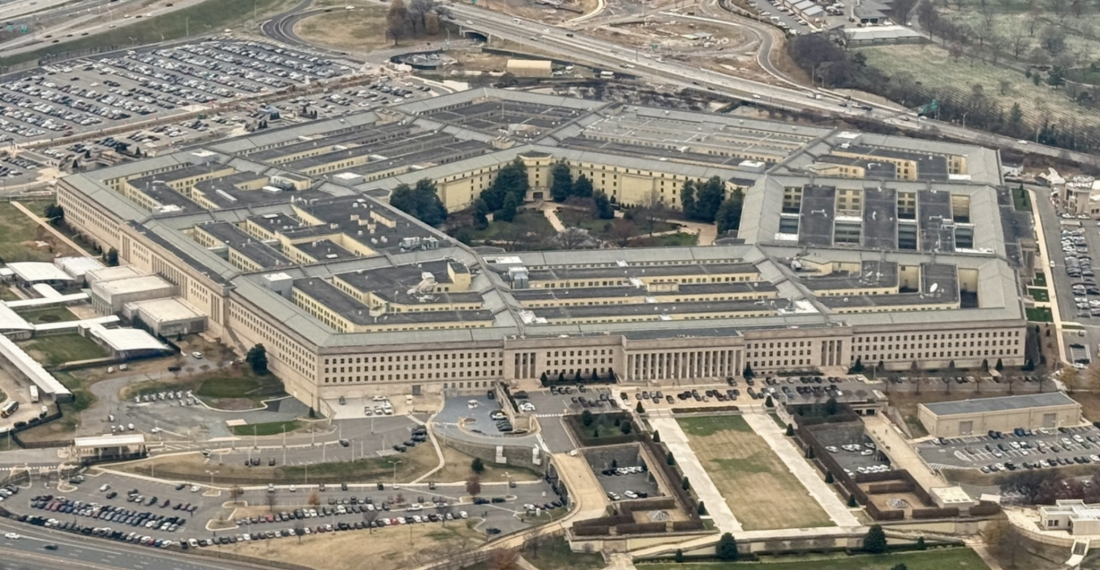The United States has halted deliveries of certain anti-aircraft missiles and other precision munitions to Ukraine promised by the Biden administration due to fears of dwindling supplies. This was reported by political news site Politico on Tuesday night (1 July), citing three anonymous sources within the US Department of Defence, and was confirmed by the White House after publication.
The exact quantity of ammunition involved is not yet known, but Ukraine's urgent need for it is clear. This announcement comes at a time when Russia is once again launching large-scale drone and missile attacks on the Ukrainian capital, Kyiv. Last weekend, Ukraine had to fend off at least 477 drones and 60 Russian missiles — the largest number since the illegal invasion began more than three years ago.
White House spokesperson Anna Kelly told Politico that the decision was necessary ‘in the American interest’ and was preceded by an evaluation of US military aid ‘to other countries around the world.’ The Pentagon says that it is up to President Donald Trump to organise military aid for Ukraine as he sees fit, in the context of his efforts to broker a ceasefire between Kyiv and Moscow.






